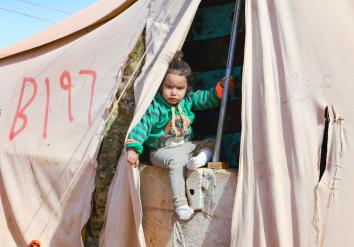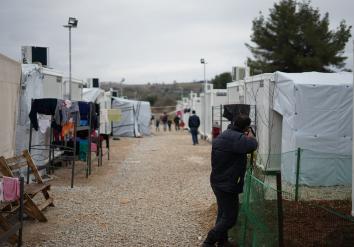
People
 Course Listing
Course Listing

Module 6: Forced Displacement
This course, part of the learning series "Migrants, Refugees, and Societies", delves into the intricate tapestry of the phenomenon of "forced displacement", which has seen an exponential rise over the past four decades, driven by escalating conflicts and the intensifying threats of climate change. We will embark on a comprehensive exploration of forced displacement, unraveling its complexities and the urgent need to develop effective policies for supporting displaced populations and their host communities.
Read More- Training course / In-person
- 12 hours
- People

Module 7: Economic and Social Integration of Migrants and Refugees
Public opinion on migration has been polarized worldwide—and often the debates are not centered around the benefits of migration, but rather around the integration of migrants and refugees into the destination society. This course, part of the learning series "Migrants, Refugees, and Societies", will provide a comprehensive overview of the state of knowledge on the economic and social integration of migrants and refugees into destination countries.
- Training course / In-person
- 14 hours
- People

Module 8: Remittances
Remittances now account for around one-third of the total recorded capital inflows to low- and middle-income countries and have far surpassed foreign aid and, in some cases, foreign direct investment. In this course, part of the learning series "Migrants, Refugees, and Societies", we will work toward a common understanding of what constitutes a remittance and will look critically at the established evidence of the impacts of remittances.
- Training course / In-person
- 14 hours
- People

Module 9: Brain Drain
This final course in the learning series "Migrants, Refugees, and Societies" aims to: (i) provide a clear diagnostic of what “brain drain” refers to, (ii) provide a comprehensive overview of the latest economics research on high-skill emigration, (iii) examine what the empirical evidence says on its drivers and impacts, and (iv) look into the policies governments can use to ensure a triple-win situation for skilled migrants, host, and destination countries.
- Training course / In-person
- 10 hours
- People